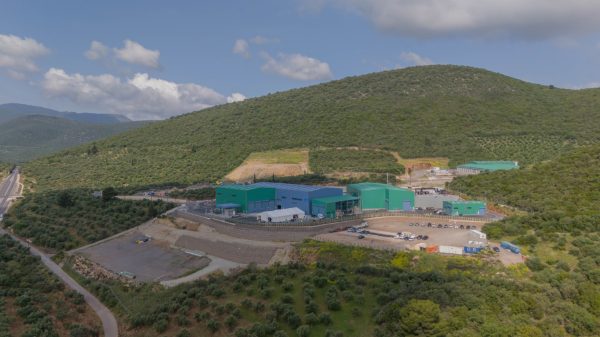Turkish Prime Minister Recep Tayyip Erdogan on his 19-20 July visit to occupied northern Cyprus did not go to Famagusta (Varosha) as he had planned.
He did not want to burn all his bridges or openly clash with his few remaining allies. That, however, did not keep him from going ahead with the provocations that he had previously announced.
He announced the opening of a small portion of the fenced off, ghost city of Varosha, which has been guarded by Turkish occupation forces for the last 47 years, in flagrant violation of UN Security Council resolutions.
He again trumpeted the existence of two states on Cyprus, thumbing his nose at the categorical position of all major powers and all international organisations, with the UN first and foremost, which call for the creation of a bi-zonal, bi-communal federation.
Moreover, he unleashed an attack against Prime Minister Kyriakos Mitsotakis, as he spoke of “enemies of Turkey who are being dragged behind the Greek prime minister” and accused the European Union of lying.
These moves and those that will follow create new realities for the Republic of Cyprus and Greece.
The government of Cypriot President Nikos Anastasiades appears to have had a rough landing, as just one year ago he spoke of “fireworks” and grandstanding. Now it must choose whether to continue negotiations from a disadvantageous position or whether to set as a precondition the cessation of Turkey’s unilateral actions and respect for legality, with the threat of marginalisation.
For its part, the Greek government must decide to what extent negative developments in Cyprus will influence the current effort, albeit timid, to restore certain channels of communications with Turkey.
One thing is certain. The diplomacy of kicking the can down the road is not merely counter-productive. It is deleterious.
The previously much-touted “status quo” no longer exists.
What is needed now is a fighting spirit, decisiveness, and flexibility.
































